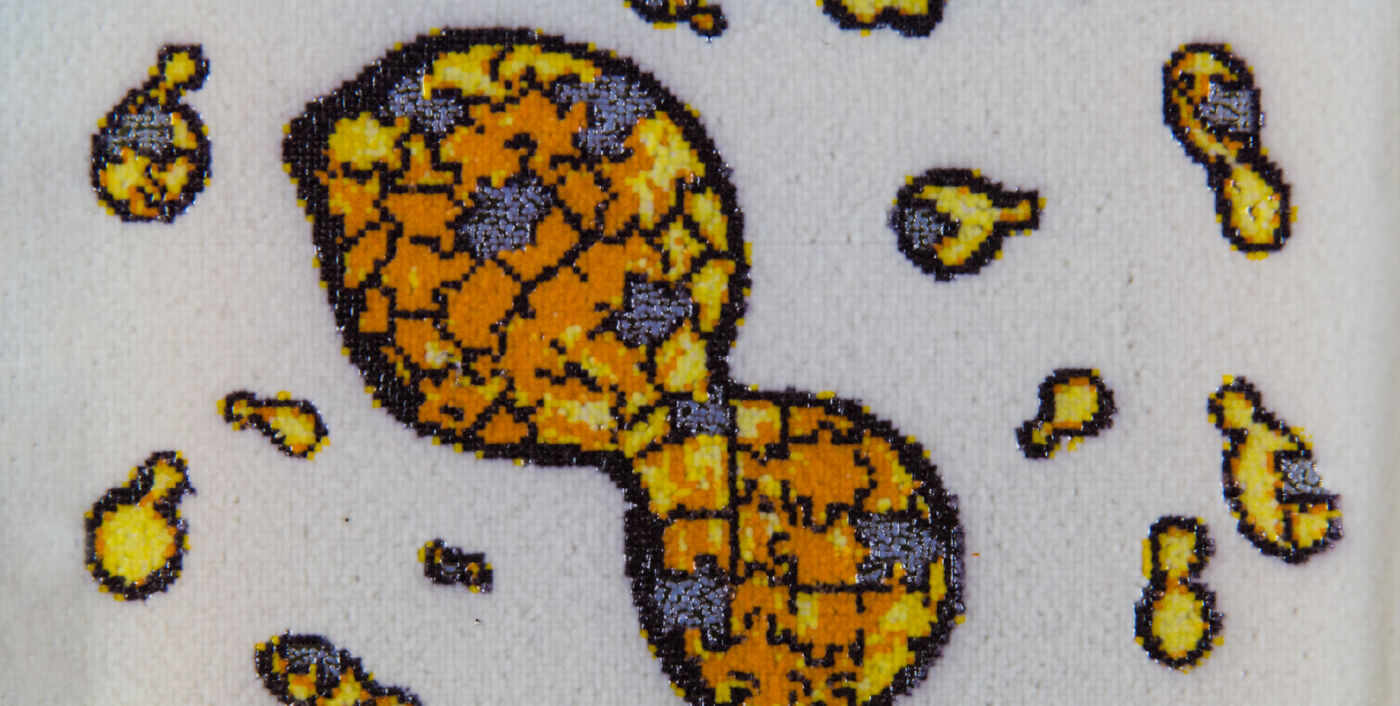
|
|
# 2023 Synthetic Yeasts for Biotechnology |
|
The Synthetic Yeasts for Biotechnology project is centred on creating a synthetic version of the yeast Saccharomyces cerevisiae for superior chemical production. Engineered microorganisms have the potential to revolutionise renewable energy and sustainable manufacturing, producing a new generation of fuels, commodity chemicals, agrochemicals, specialty chemicals, and food products. The integrated SCRaMbLE technique accelerates trait evolution, enabling rapid advancement in desired characteristics. Combined with genetically encoded biosensors, these strains efficiently optimise the production of biofuels and other valuable chemicals.
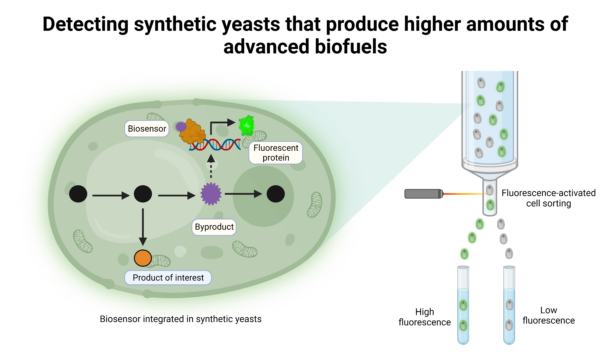
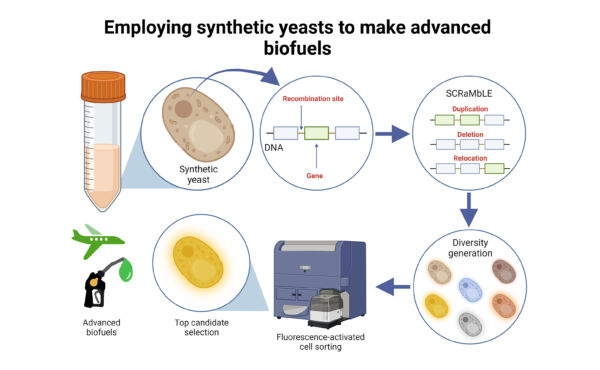
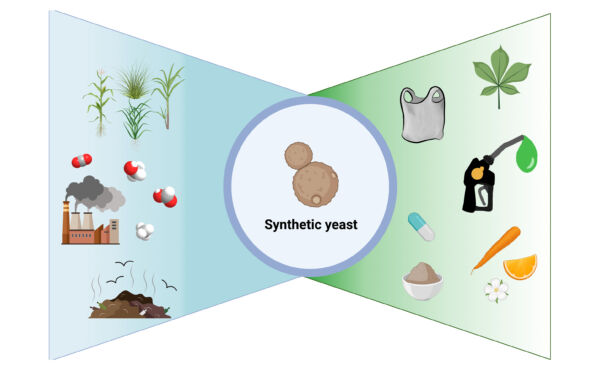
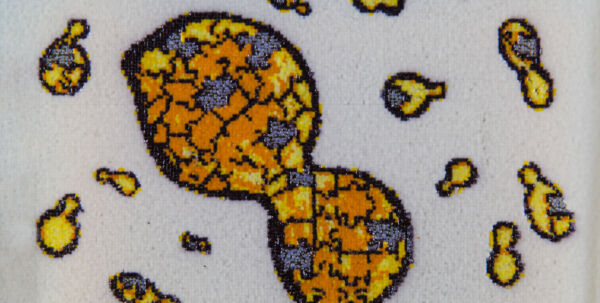
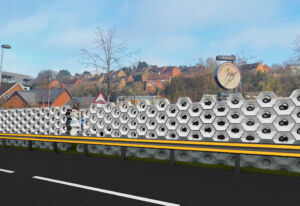
Revolutionising biomass production by turning noise into growth

Bio-based polyurethanes to replace harmful petrol-plastics

Mycelium blocks for temporary architecture solutions and prototyping

Universidad Autónoma de Nuevo León
Bioengineering solution to detect and degrade air pollution